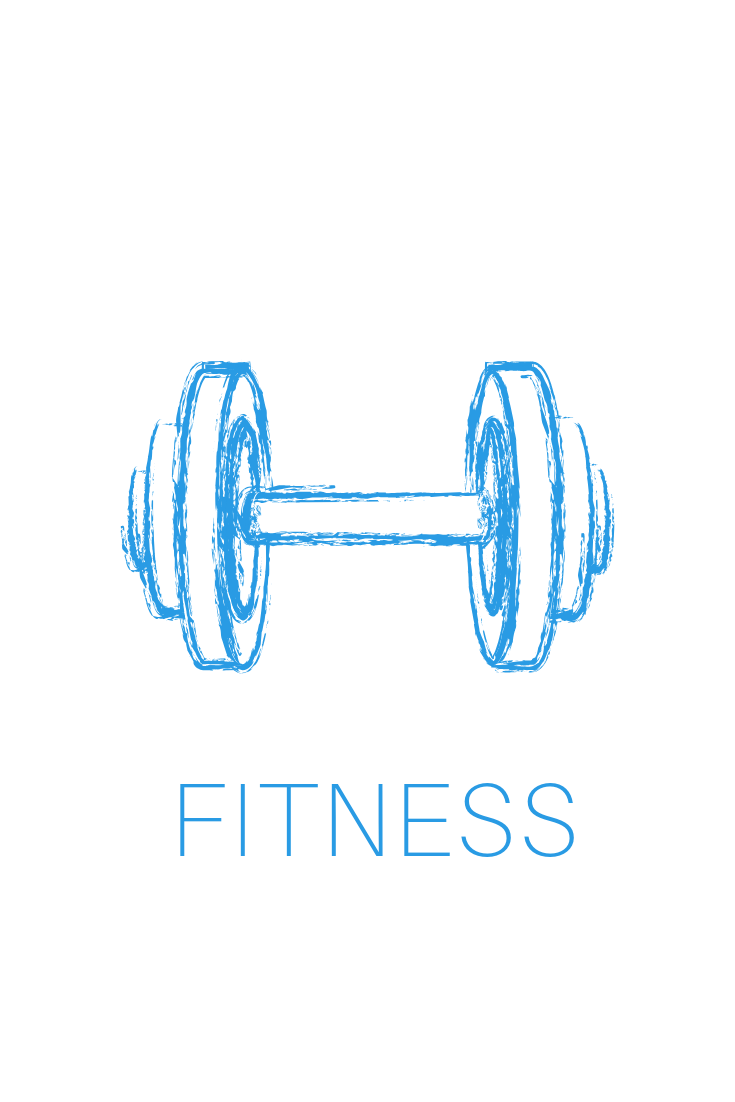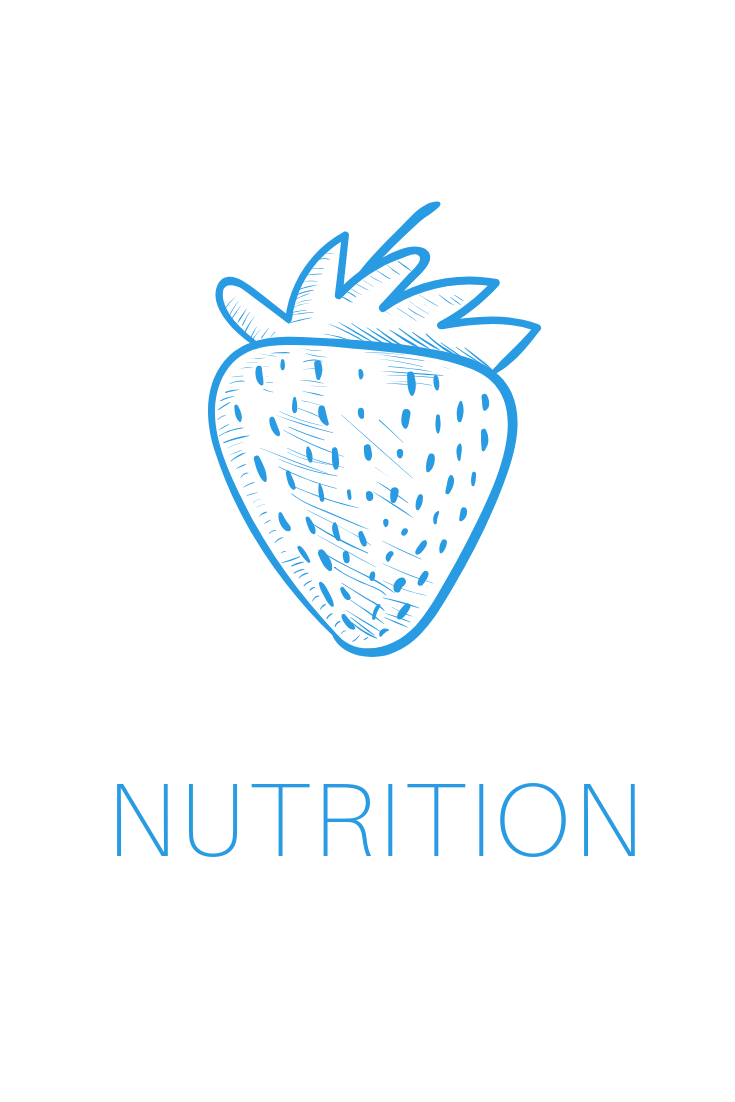Should We Eat More Dairy (and why is nutrition so confusing)?
The Australian Nutrition Guidelines recommend we eat 2½ serves of dairy each day. Harvard researchers disagree. Who should we believe?
If my husband wants to know something health and fitness related, he suggests I write a blog on it - his sneaky ploy to get me to do the research for him - which I always love doing!
This week’s question came from an article Aaron read in last week’s SMH discussing inconsistencies in the recommended dietary intake (RDI) for dairy food. It seems there is a range of opinions between different studies, amongst dieticians, and across countries (Canada has recently removed dairy as a seperate food group from their healthy eating plate, and instead includes dairy with the protein food group, whereas the Australian plate still has a section put aside for dairy alone (I much prefer the Canadian plate). The original guidelines recommending “3 serves of dairy a day” unfortunately seems to be largely driven by the dairy industry rather than scientific evidence.
So let me start by first addressing Aaron’s question: should we be eating more or less dairy?
The average Australian currently eats 1½ serves a day while the guidelines suggests between 2½ to 4 servings a day (depending on your age). If you are eating a healthy diet which includes other calcium containing foods such as leafy green vegetables, beans, nuts and seeds, soy and tofu, then there seems to be no evidence that increasing your consumption of dairy food is required. However, for those who may struggle to provide their families with nutrient dense diets, milk and cheese is an affordable and simple way to improve their daily vitamin and nutrient intake.
There is a suggestion in the review outlined in the SMH article that too much dairy can increase the risk of diseases such as prostate cancer and diabetes. However, these outcomes are more likely to be connected with excess body weight and an overall unhealthy diet rather than the dairy foods themselves.
And here is where I come to my second point….why is it so difficult to get definitive answers as to whether certain foods are good for us or not?
In a Joe Rogan podcast that lasted for 3 hours and 52 minutes, two highly respected experts in the nutritional field argued as to whether meat causes heart disease or not. With numerous studies under their belt, I don’t believe either of them was able to completely convince us either way.
Studies demonstrate that meat eaters are more likely to die of heart disease than vegetarians. However, defining someone as a meat eater vs. a non meat eater doesn’t take into account the countless other factors that would increase the risk of heart disease. “Meat eaters” places those who regularly consume Big Mac’s, drinks, smokes and are overweight into the same study as someone who exercises regularly, eats a whole food diet with lots of vegetables and includes lean meat in their diet a few nights a week. On a whole, vegetarians tend to be healthier than the meat eating population in that they are less likely to smoke, drink less and exercise more. This however doesn’t mean that meat itself is cause of heart disease, it simply points to the correlation of meat eating and heart disease. Is their reduced risk of heart disease due to their lack of eating meat, or lack of eating McDonalds?
This is where the causation / correlation issue comes into play. Most studies relating to diet are only able to find a correlation between a certain food and health, rather than a causation. Unless we can track exactly how a food reacts in the body and the damage it causes directly, it is almost impossible to come to a conclusion.
In the 1960s a number of studies suggested a strong correlation between diets high in fats and cholesterol and increased incidence of cardiovascular disease. Fat was quickly demonised as the cause of all heart related diseases. In recent years we have learnt more about how fat and sugar are processed by the body, and have come to understand that eating fats from naturally produced foods such as nuts and avocados is actually beneficial. We have seen clearly the physiological effect sugar has on our bodies as it spikes insulin and increases fat storage. The studies which show a physiological reaction are able to be relied upon as they show causation as opposed to correlation.
Nutritional studies are problematic in that it is extremely difficult to confirm that one particular food is the catalyst for a certain issue. Our health is influenced by so many other things: sleep, stress, exercise, genetics. Having an extra glass of milk for breakfast is not going to have a powerful influence on our health either way.
As a final note, unfortunately much of our nutritional advice is strongly influenced by the relevant industry. Whenever you read any nutritional study consider who funded the study. In 2011, a study found that children who eat sweets tend to weigh less than those who don’t. Here’s the fun part - the research was funded by the National Confectioner’s Association, and only surveyed children on what they had eaten in the past 24 hours!
In conclusion, dairy is not essential – much of the world lives without it – but it is a convenient and tasty source of protein and many nutrients, notably calcium. For bone strength, it’s the most bioavailable source of calcium, although calcium is also found in dark leafy greens, beans, soy, nuts and seeds and fatty fish. Focus on whole foods, include mostly vegetables and fruit and stay away from highly processed manufactured foods. And it really is as simple as that.
by Angie Black and Dr Fiona Arrowsmith - Dietician PhD
Hey! I’m Angie. I’m passionate about fitting exercise into your life, for the rest of your life.
BLOG CATERGORIES:







